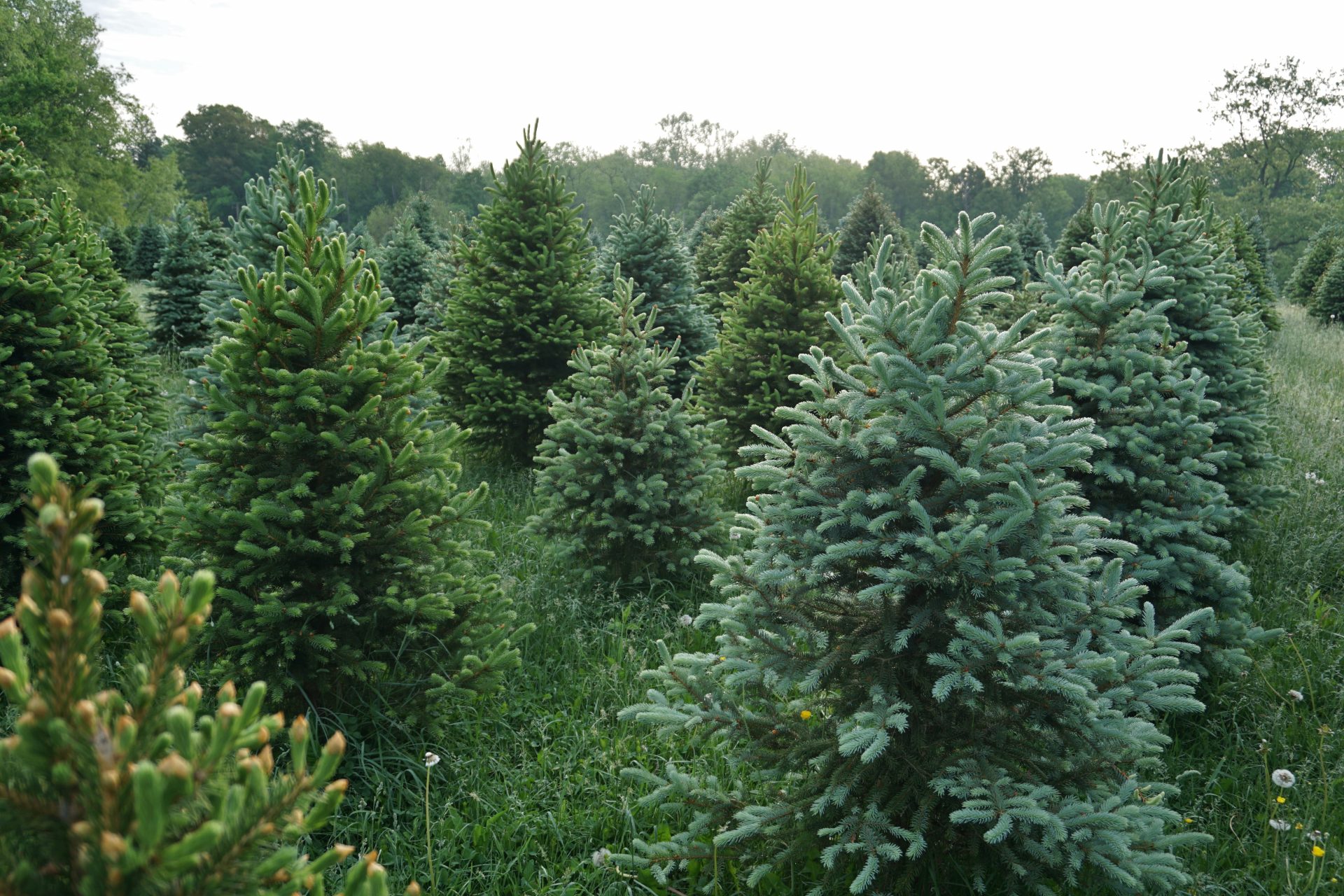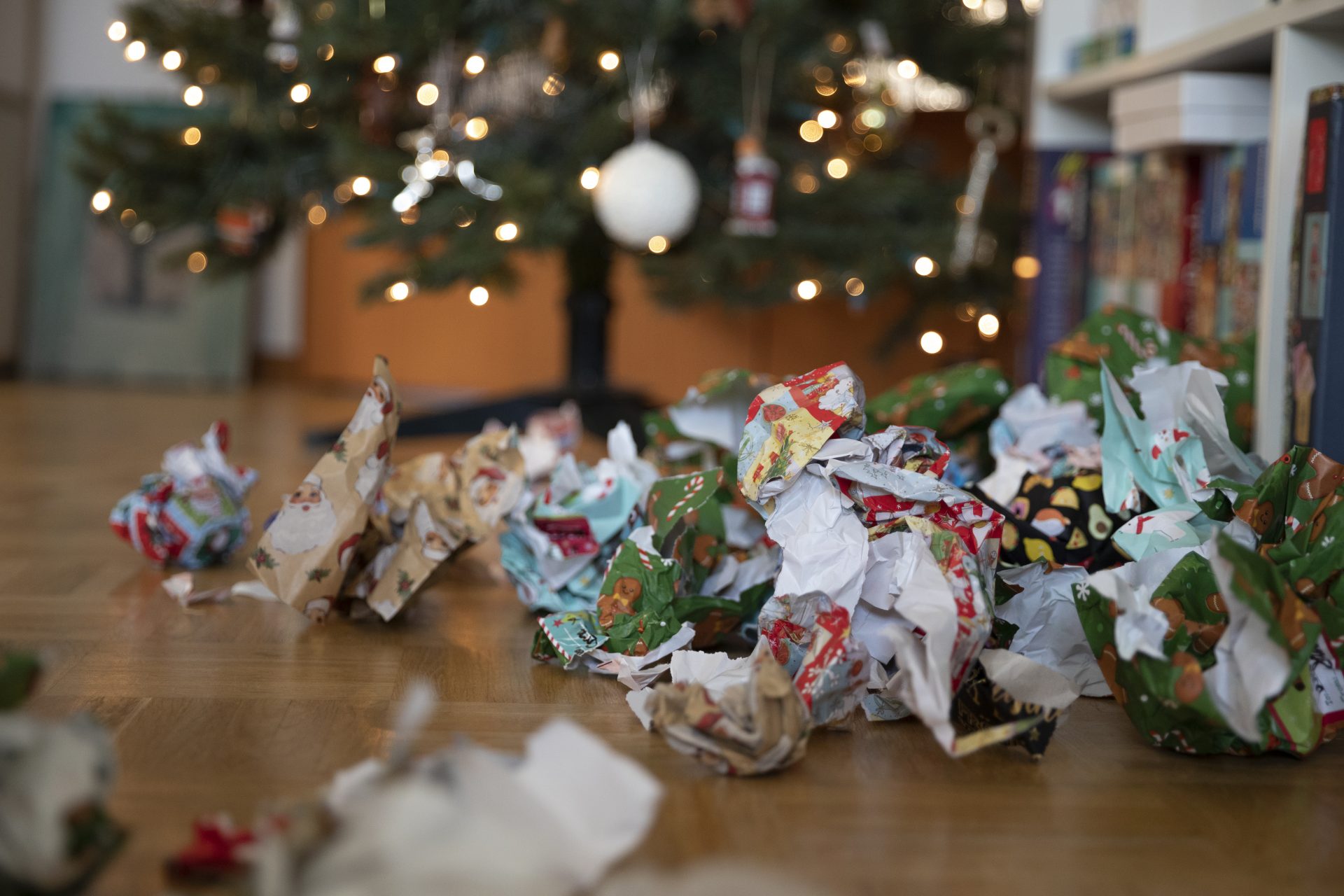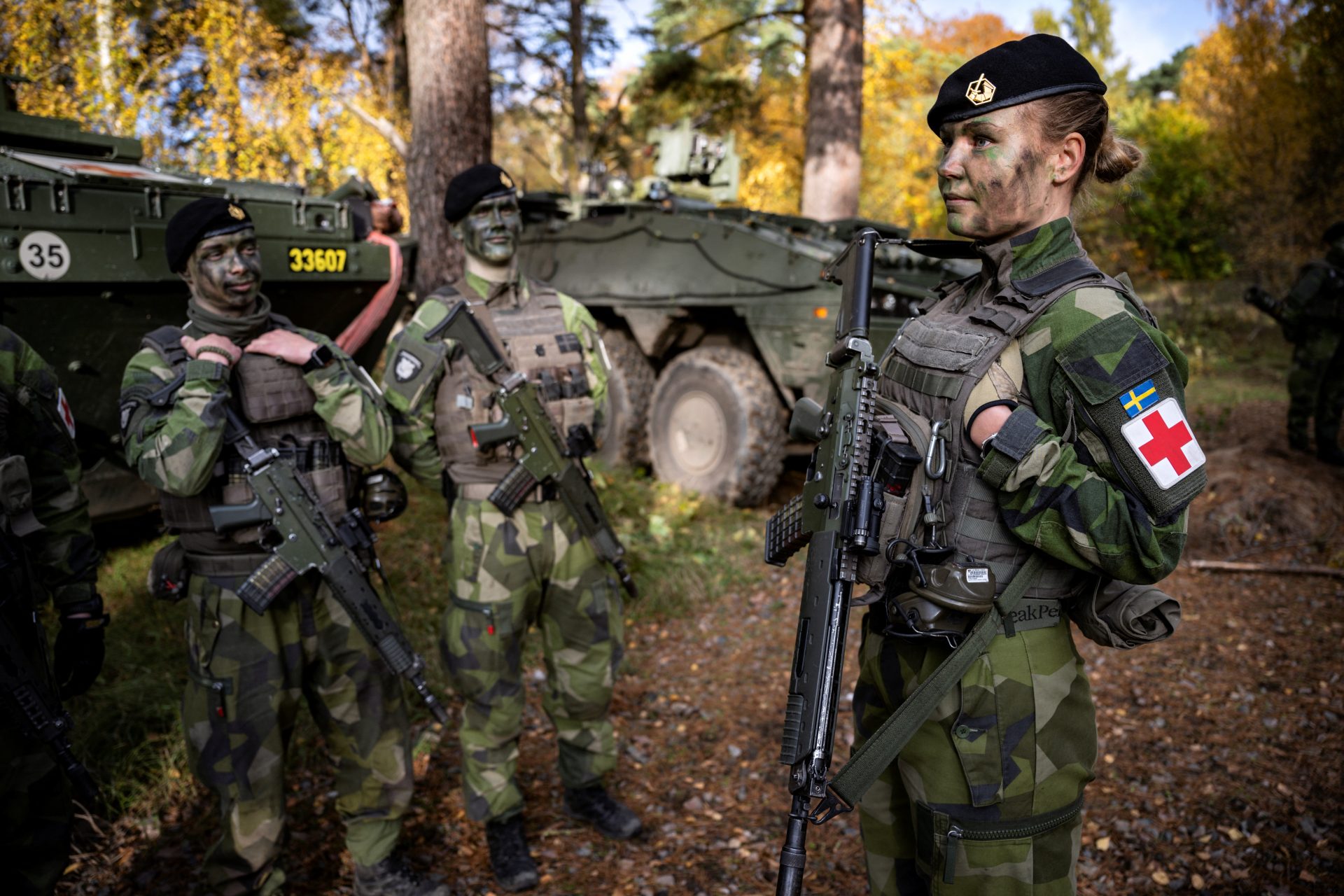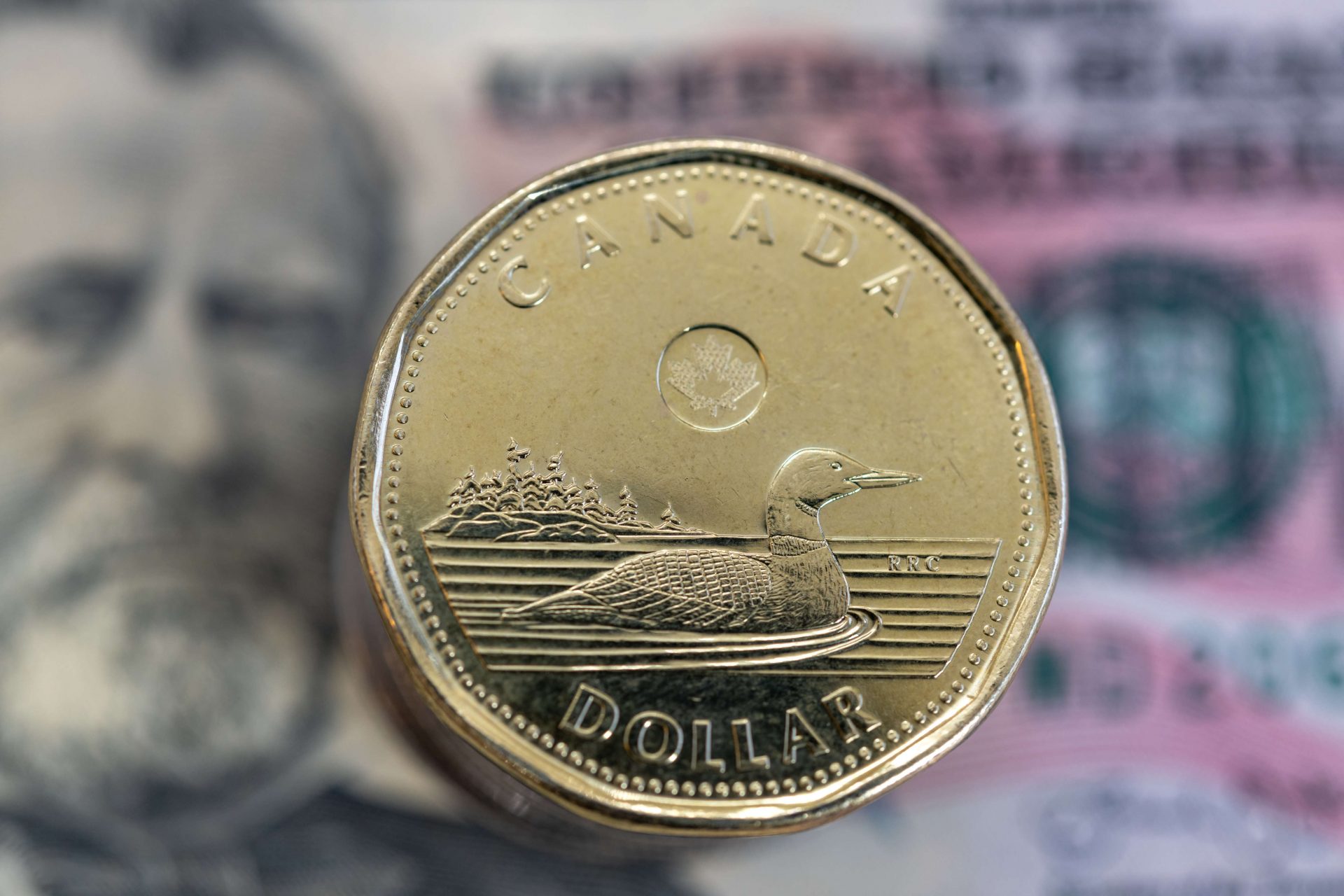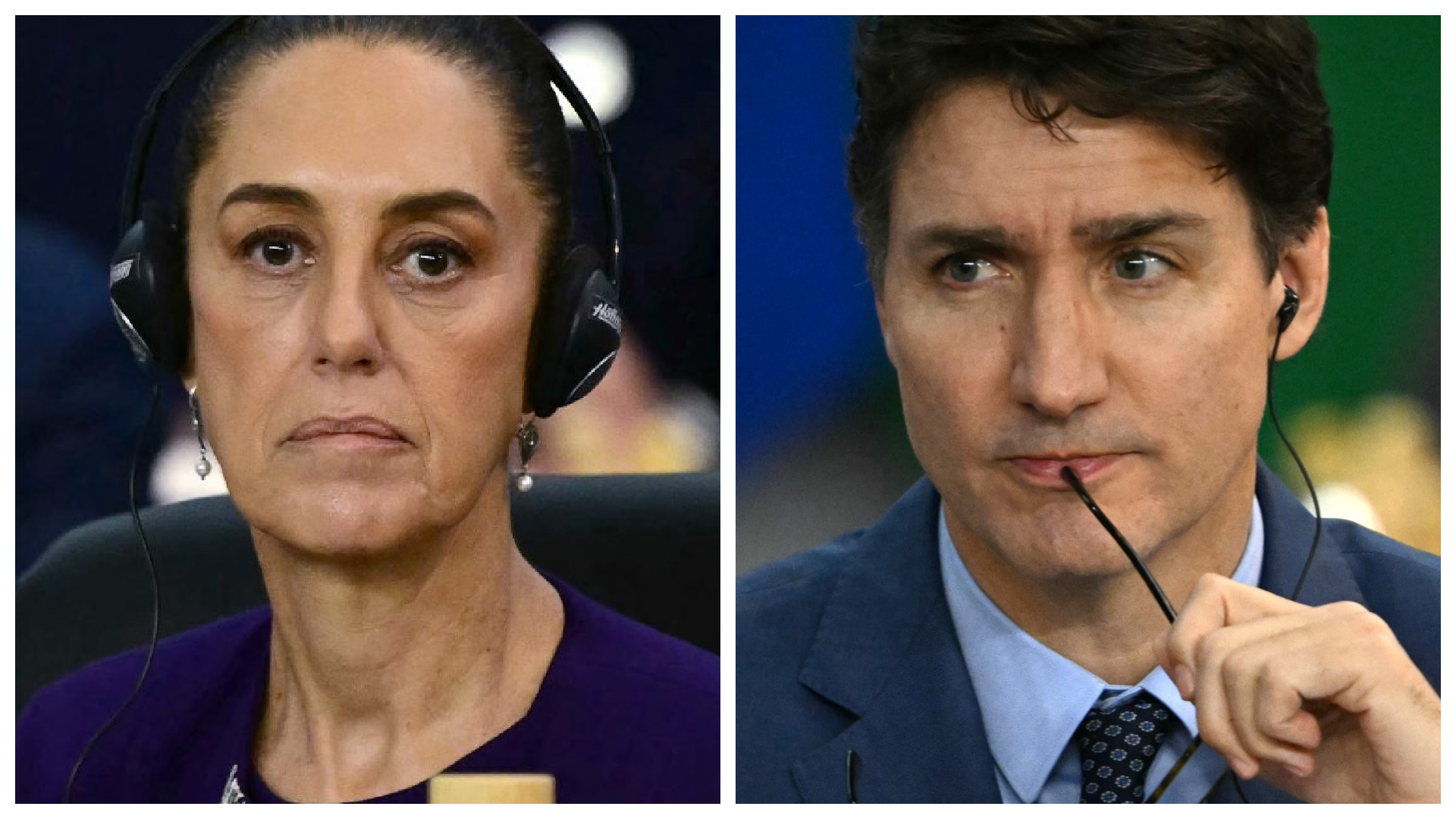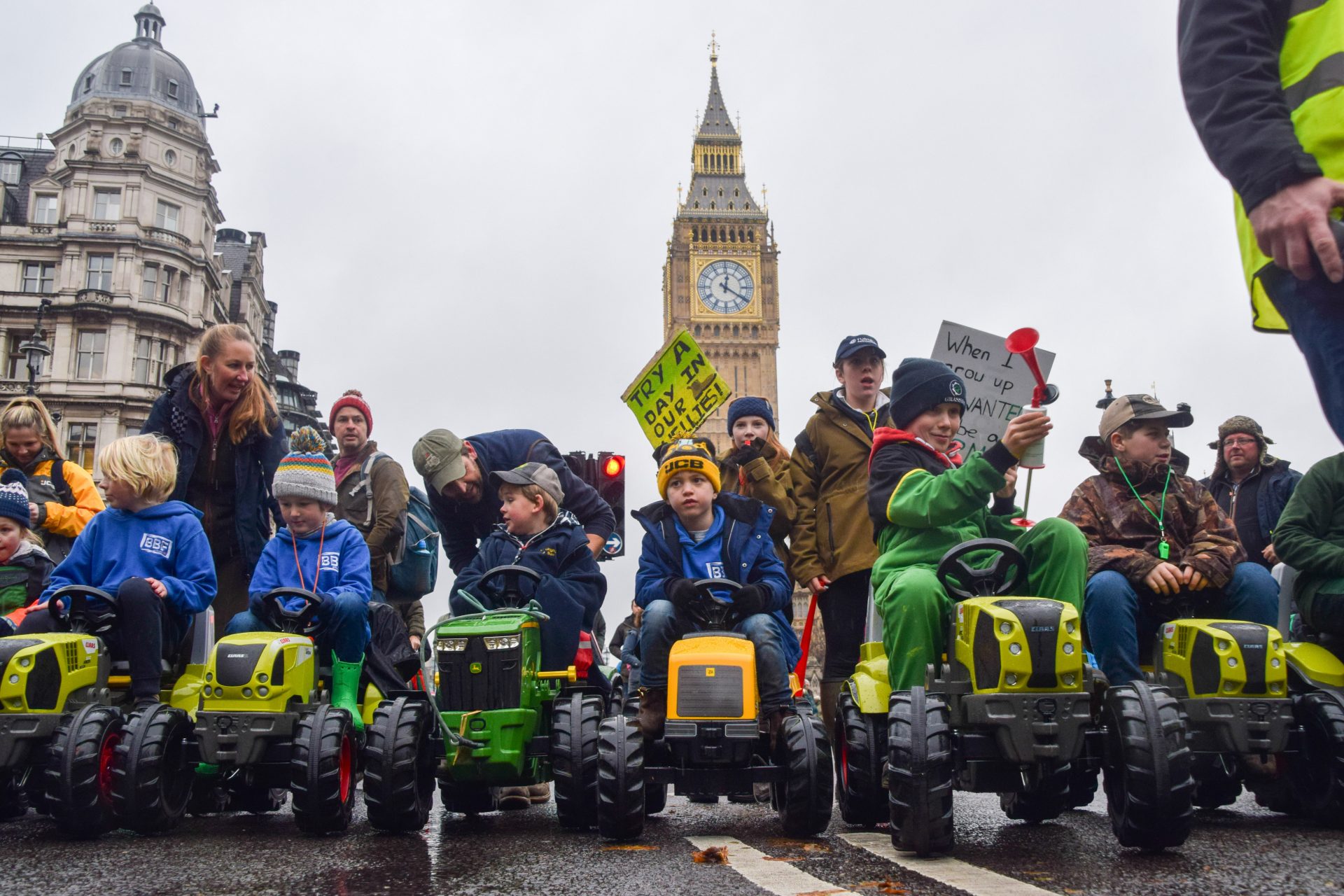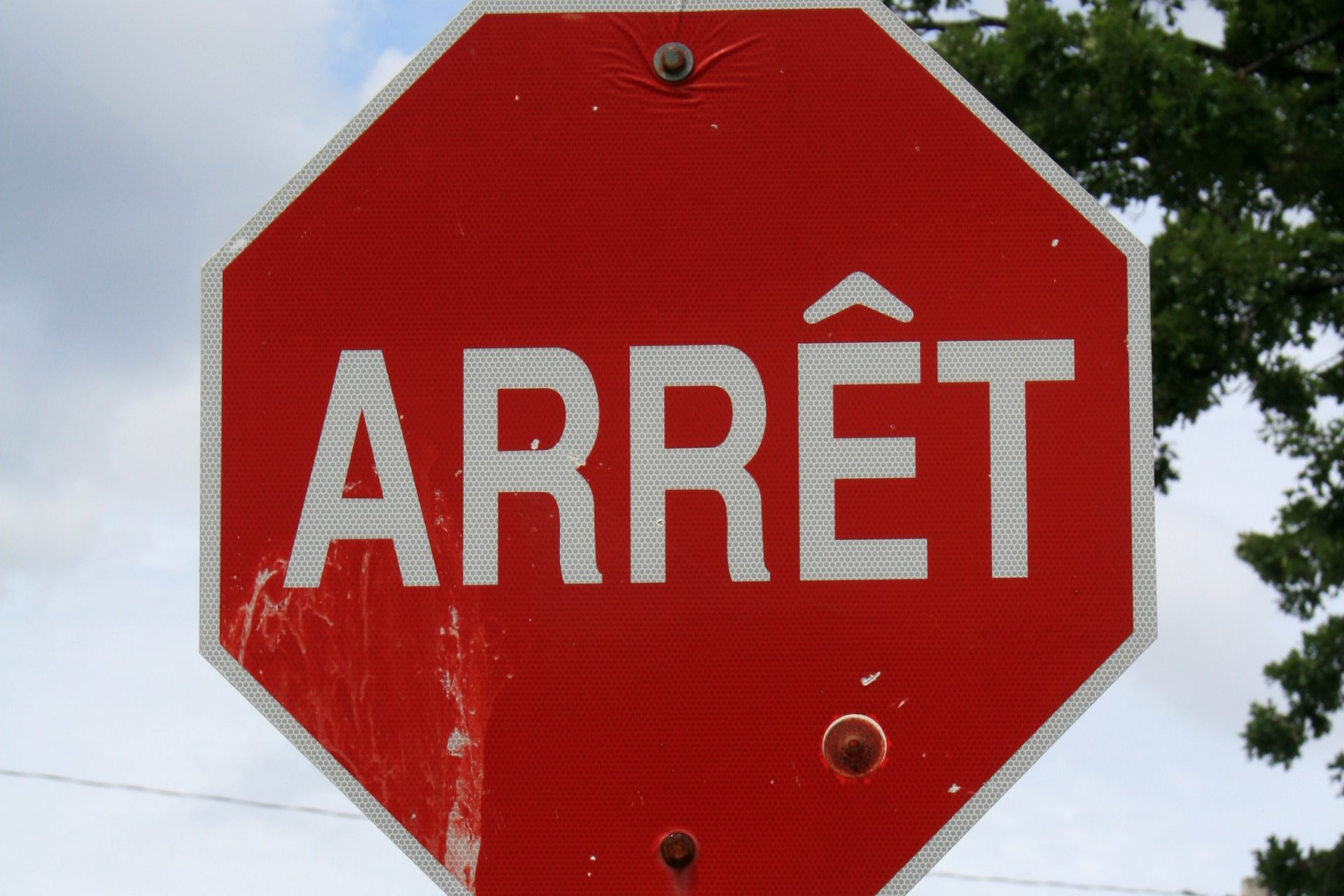Will climate change kill off our Christmas traditions?
2023 was the hottest year on record, giving the world a chance to look at how Climate change will affect daily life. It also makes a few crucial Christmas traditions more difficult each year.
Extreme weather conditions are affecting Christmas tree production. Drought and heat events kill the seedlings for future tree generations.
Christmas trees take between six and ten years to grow. This is the amount of Christmases the US and Canada can celebrate without facing shortages.
According to CBC, Canada already experienced a shortage in 2023, with retailers like Ikea announcing they will not sell trees this year.
According to the US National Snow and Ice Data Center, winter snow cover and depth are declining in most of the Northern Hemisphere.
That is especially dangerous for towns that seek to attract holiday tourism with their winter wonderland image. From Alaska to Finland, many of these places claim to be Santa Claus's home.
Mora, a Swedish village with spring floods and wildfires in the summer, sounded the alarm. Anders Rosén, Mora's communications manager, told the Guardian that Santa is "concerned about climate change" to raise awareness.
Food is, without a doubt, the center of holiday traditions. However, climate change affects the production of many classic ingredients and drinks necessary for a proper yule feast.
Peanuts, walnuts, and pecans are a big part of Christmas baking. However, growing them requires high amounts of irrigation, and droughts affect crops quickly.
Europe is facing a grapevine crisis due to extreme weather events. In 2023, several local media reported that vineyards thrive in traditionally colder areas like Sweden and the UK.
The Ivory Coast and Ghana are the largest producers of cocoa. However, the last 12 years have been the driest in Western Africa, threatening millions of people's production and livelihood.
Climate change also threatens other Christmas customs, from countries in the Southern Hemisphere that celebrate the holidays during the summer or have distinct micro weather.
Australia celebrates Christmas in the summer, and seafood like oysters or shrimp is a tradition. But the growing world demand for seafood has come at the expense of wild populations — one-third of fish stocks are overexploited, according to the United Nations.
In some countries, Climate Change does not impact specific Holiday traditions but the whole celebration with extreme weather events.
Puerto Rican 'pasteles' are an essential Christmas tradition made with plantains. But last year, the island struggled with a shortage of ingredients as Hurricane Fiona destroyed 80 percent of the island's crops.
The Philippines is also a good example. In 2020, super typhoon Goni hit the country right before the Holidays.
Extreme weather events are becoming more frequent: floods, typhoons, or droughts affect many countries. The Northern Hemisphere is experiencing more winter storms with blizzards or tornadoes.
Christmas is not only a victim of climate change. It is also a great contributor. High consumption and even higher waste are staples of the season.
According to Politico, in the UK alone, the pile of trash contains enough unrecyclable wrapping paper to wrap around the equator nine times.
But the holidays can become healthier for the environment with just a few changes. Reducing consumption is the first one. Playing 'Secret Santa' to buy less presents is a good alternative.
WWF has a list of tips for making your Christmas more sustainable. Choose presents with less packaging and gift experiences instead of things.
At social gatherings, reduce food waste, and eat seasonally. You can also pay attention to the clothes you buy for parties and avoid fast fashion.
Changing how Christmas is celebrated can seem less than jolly. However, it is good to consider that future generations also deserve to celebrate holiday traditions.
More for you
Top Stories






